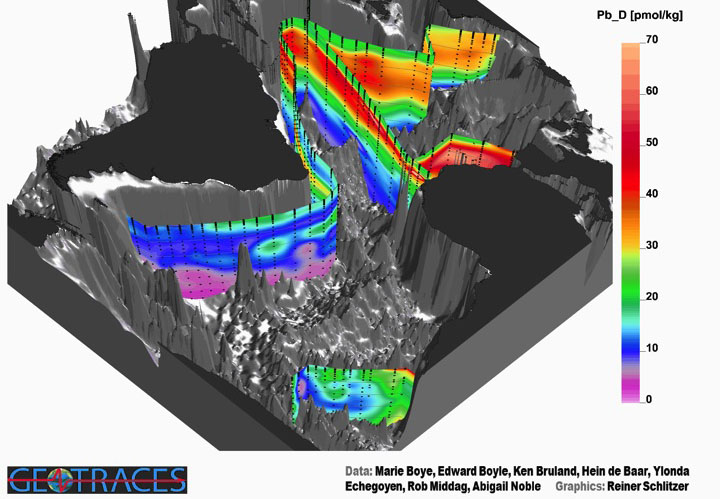GEOTRACES
What is GEOTRACES?
GEOTRACES is an international program that aims to improve the understanding of biogeochemical cycles and large-scale distribution of trace elements and their isotopes in the marine environment. Scientists from approximately 35 nations have been involved in the program, which is designed to study all major ocean basins over the next decade.
See the GEOTRACES Science Plan for more information on the objectives and plan.
Research funded by the National Science Foundation
- GEOTRACES Arctic section: Application of 210Po and 210Pb distribution at contrasting interface regimes of Western Arctic
- GEOTRACES 210Po and 210Pb distribution at Eastern Pacific Interface Regimes
- GEOTRACES Application of 210Pb and 210Po distribution at North Atlantic interface regimes
- GEOTRACES Methods development and intercalibration for the 210 Pb and 210 Po radionuclide pair
Researchers
Mark Baskaran
Principle investigator, Dr. Mark Baskaran, a tenured full professor at the geology department, is the driving force for the GEOTRACES research at Wayne State University. He has extensive experience in all the subsystems of the Earth. Funded by the NSF, as a part of the US GEOTRACES group, he has contributed considerably in all of the four phases of intercalibration, North Atlantic, East Pacific and Western Arctic Ocean sections. His other currently funded research is to investigate the sedimentation and sediment dynamics in dams and other freshwater systems in the midwestern United States. He has served as a chief scientist in six major oceanographic expeditions in the Gulf of Mexico and the Arctic Ocean.
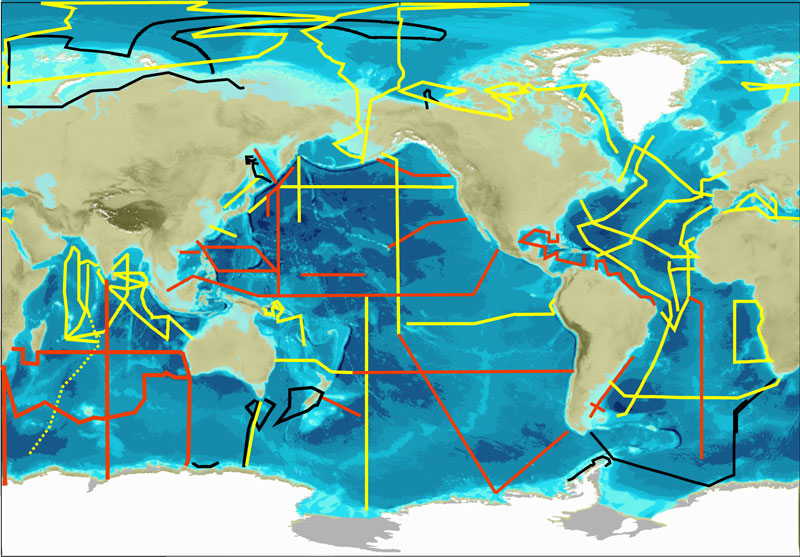
Katie Krupp
Katie, a graduate student in the geology department at Wayne State University, joined a group of researchers in the U.S. GEOTRACES program in 2015 in order to measure in situ polonium-210 and lead-210 in the Western Arctic Ocean.
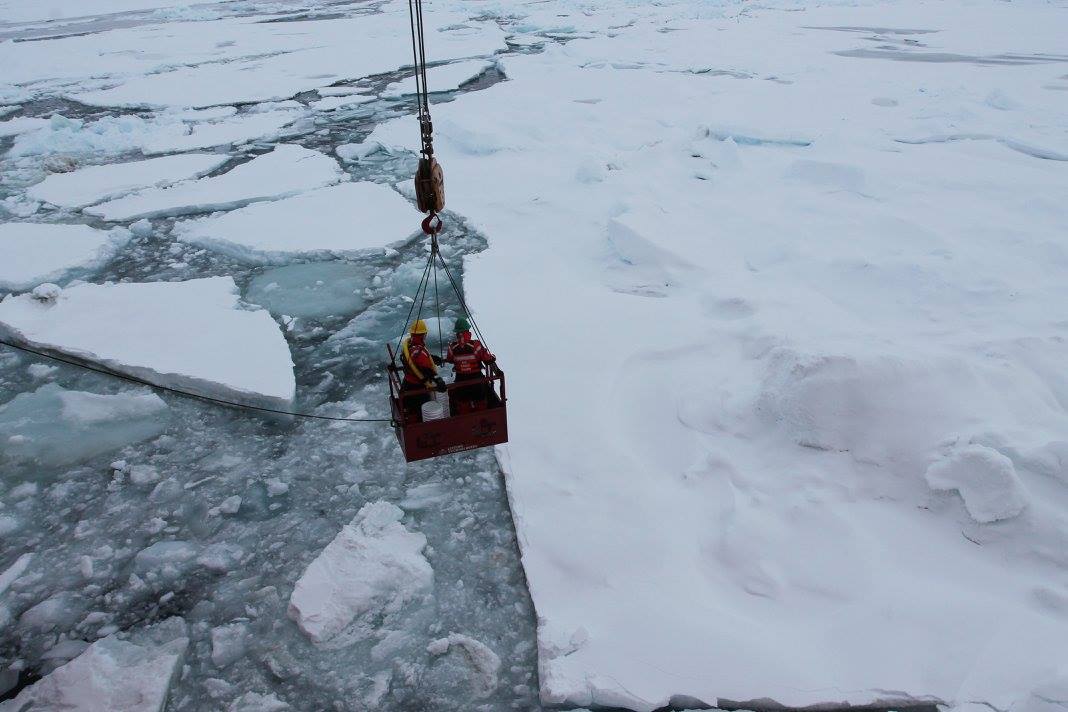
A large suite of aerosols, sediment, water, and sea-ice samples were collected and analyzed to trace specific oceanographic processes as well as to date sea ice sediments and quantify the rate of accumulation and ablation of arctic ice.Krupp spent approximately ten weeks on a U.S. Coast Guard icebreaker Healy, analyzing samples taken from the Chukchi Sea, Canada and Makarov Basins, and even the north pole.
During her arctic expedition, she spent most of her time performing laboratory analyses on samples, but also assisted in sample collection, gaining a great deal of knowledge and experience in the operation of specialized equipment and the procedures involved in such a large-scale scientific endeavor.
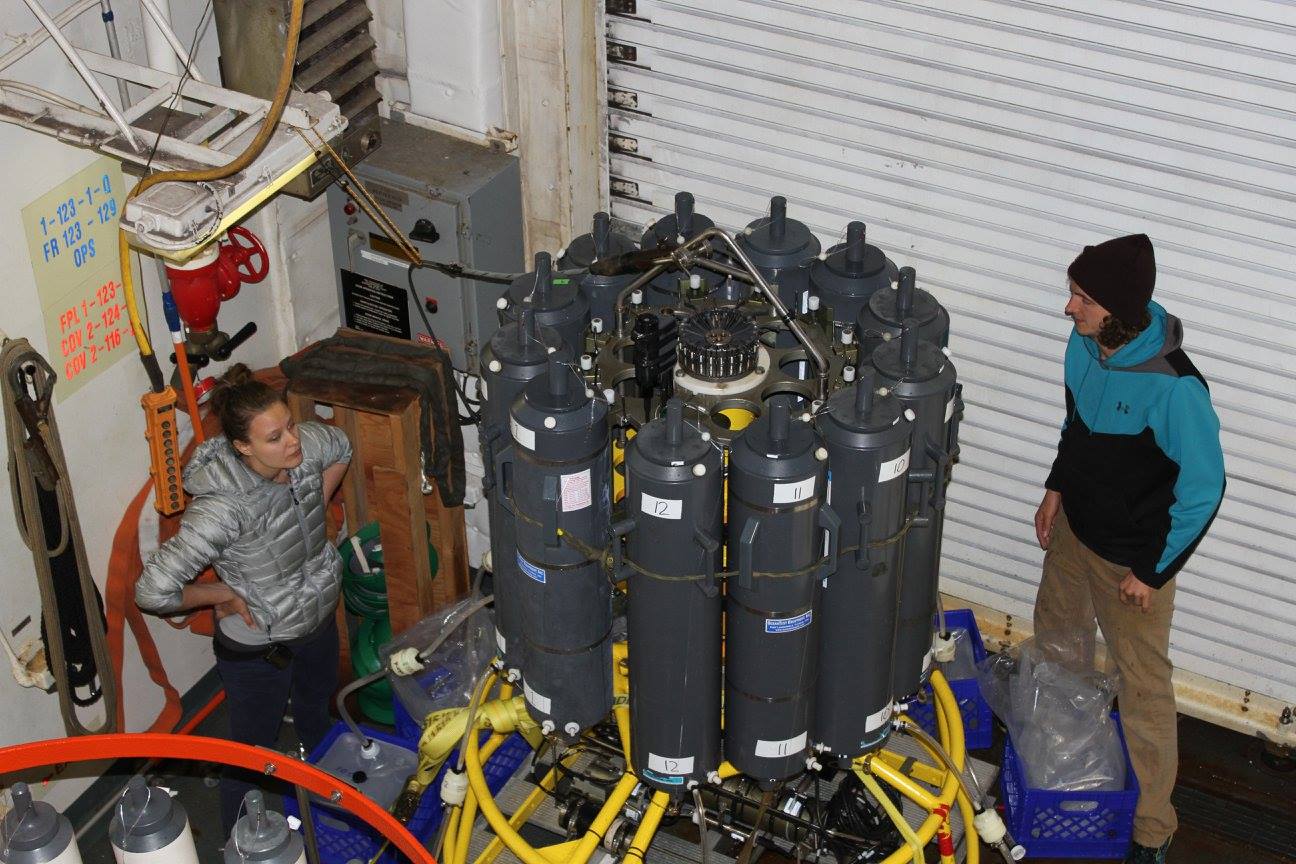
Krupp also enjoyed the experience of a lifetime, living and working day-to-day in the Arctic, where at times the Sun never set, and polar bear sightings became commonplace. Upon her return to WSU, Krupp has shared her experiences and educated the public in the form of student lectures, seminars, and scientific conferences.
Krupp is also working on completing multiple manuscripts for publication in which she will present her results. Quantifying the distribution and flux of 210Po and 210Pb in the Arctic has significant implications to the understanding of ocean biogeochemical cycles and radiation balance and their response to global change.
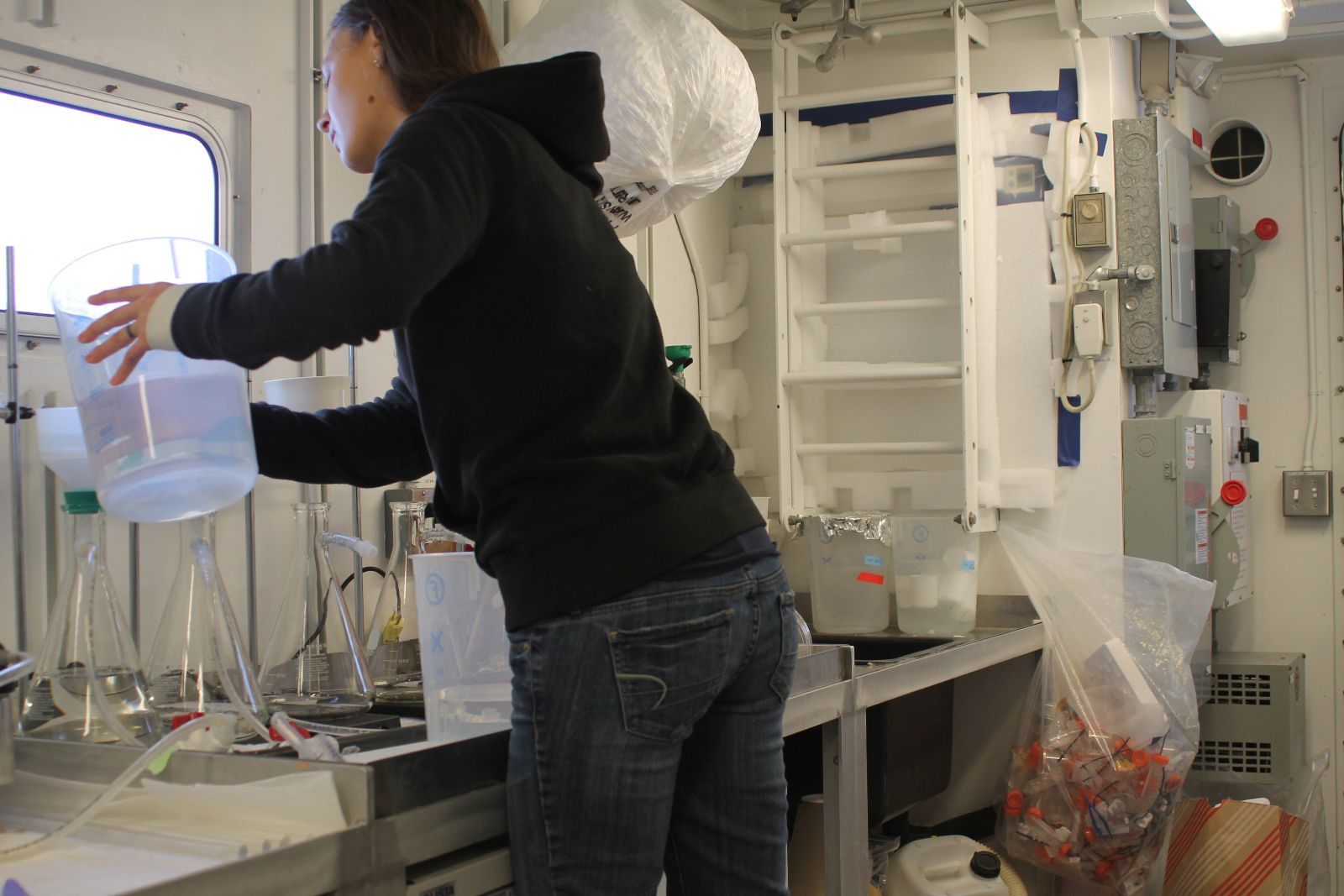
In addition, Krupp's work will provide the most accurate and precise data to date on sea ice sediment residence times and seasonal ice formation rates, both of which contribute substantially to climate science.
